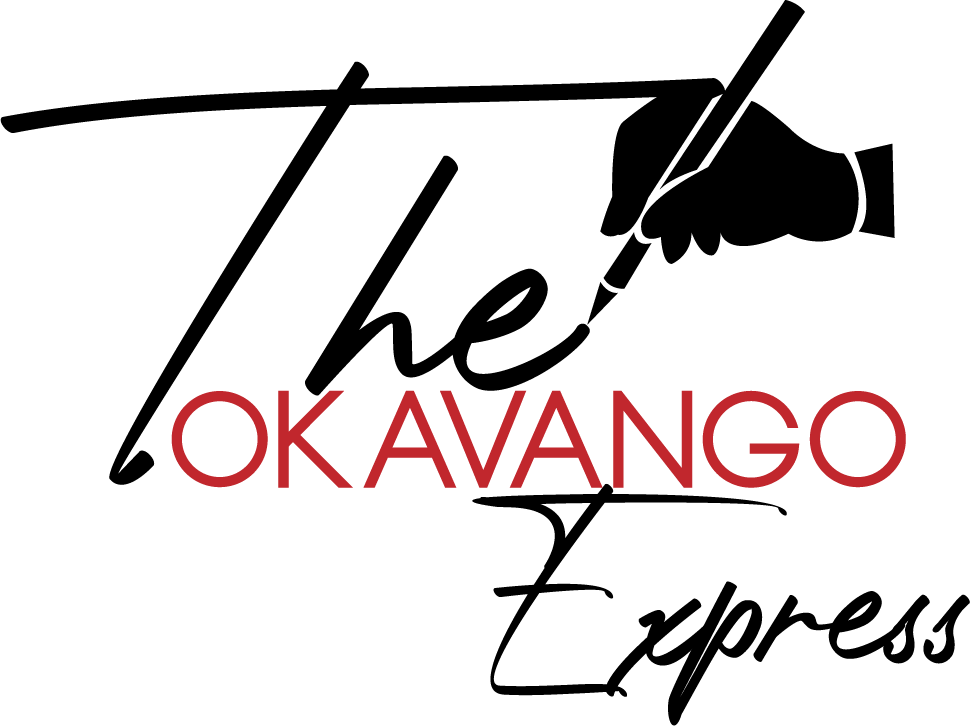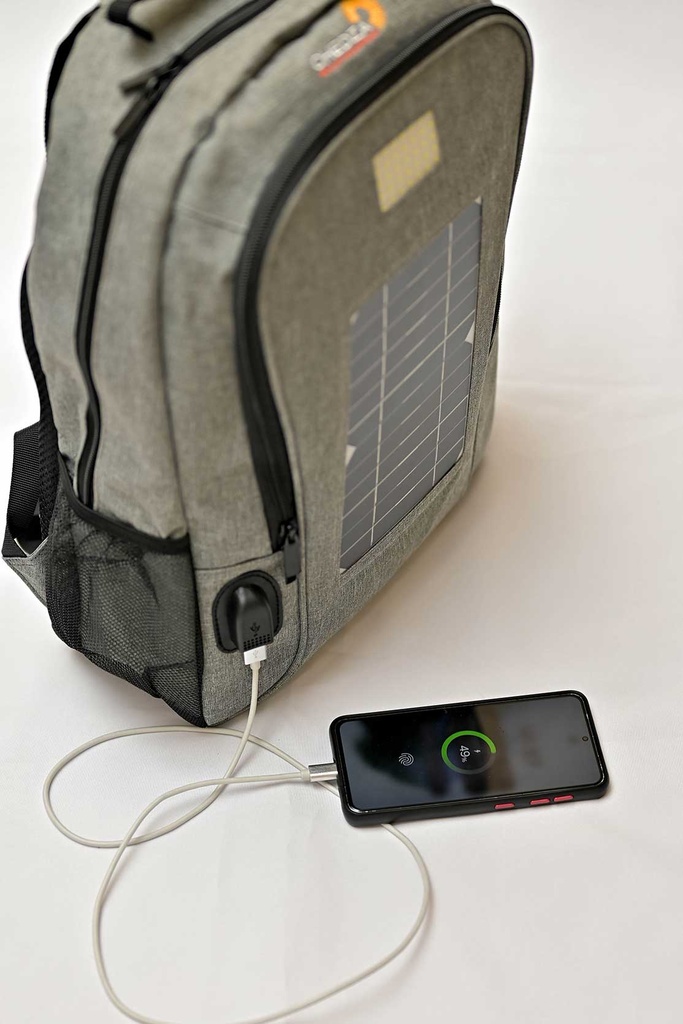By Boniface Keakabetse
Chedza solar-powered backpacks are increasingly becoming one of Africa’s most popular inventions from Ked-Liphi, a Botswana-based company that specializes in electronics engineering and ideas.
Ked-Liphi, a social entrepreneurship company, was created by 34-year-old Mr. Kedumetse Liphi, an award-winning innovator and electronic engineer from Senete Village in Botswana.

The word Chedza, which comes from the Kalanga word for “light,” accurately describes how the backpacks collect and store solar radiation during the day. This feature has shown to be helpful, especially for students who don’t have access to electricity at home for studying.
The bag has a component where such students can be able to charge their government provided gadgets and uses stored power to light LED in the back for studying purposes.
Chedza was inspired by a classic African Story of great poverty and shortage of study materials that pupils from low-income households faces every day.
Liphi told The Okavango Express: ‘’I was inspired by the ubiquitous sight of underprivileged children, particularly in rural Africa, walking barefoot to school and carrying books in rice bags. It is your responsibility as a creator to find a solution, and in this case, it means giving the pupils who need it access to solar power.’’
Liphi reiterated “This began as a problem-solving approach, but my team soon saw that it could also be developed into a business concept.”
The canvas waterproof bag has a five-year lifespan, a solar panel, and lithium batteries that assist store energy during the day so that it can be utilized for nighttime lighting. Additionally, according to Liphi, the bag contains a USB connector that makes it easier to charge laptops and cell phones.
The idea was first intended for students, but today anyone who needs energy on the road can benefit from the backpacks. Mr. Liphi suggests that people who don’t have time to charge their electronics due to low battery would find these backpacks to be even more useful.
At the United Nations Framework Convention on Climate Change (UNFCCC) summit in Dubai, United Arab Emirates, last year, Chedza Backpack received the Climate Change, Adaptation, and Mitigation Technology Award at COP28.
UNFCCC or COPs is the UN summits for negotiating an agreement by member nations to restrict severe climate change in order to lower global temperatures and hence lower global warming.
Before that, the company had already made a name for itself with this invention of a solar-powered rucksack, winning it a regional SEED climate adaption 2023 Botswana runners-up award in October.
However, although this green technology is making inroads into the African and other global markets, at home things are different because of a lack of backing from Government.
Liphi continued, “We haven’t sold much in Botswana because we are having support challenges.” Although the innovation is being praised, Government and corporate support is lacking. But we’re moving forward. We are discussing the possibility of implementing this technology in schools with the Ministry of Education in Botswana.
It seems that although Chedza solar-powered backpacks are not well received in Botswana, globally they are held in high regard.
Liphi explained that they have a collaboration with the US Amy to make a comparable backpack that the US Army may use to power their lights at night and during patrols. But, the US Army one is more advanced because it has AI capabilities and can track soldiers’ movements and whereabouts.
”Our project with the US army is ongoing,” Liphi clarified. We are currently working on the prototype backpacks. We intend to test and pilot such backpacks by the end of August.
In addition, a significant effort is underway to provide Chedza backpacks—which are highly well-liked—to South African schoolchildren. “We are scheduled to work on a project similar to this in Kwa Zulu Natal” he explained.
‘’We have successfully registered this business in Rwanda and South Africa. To advance this project regionally, we are collaborating with partners in those nations who share our values. With the assistance of pertinent international players in the green technology industry, we are also keeping an eye on the Nigerian market.’’

